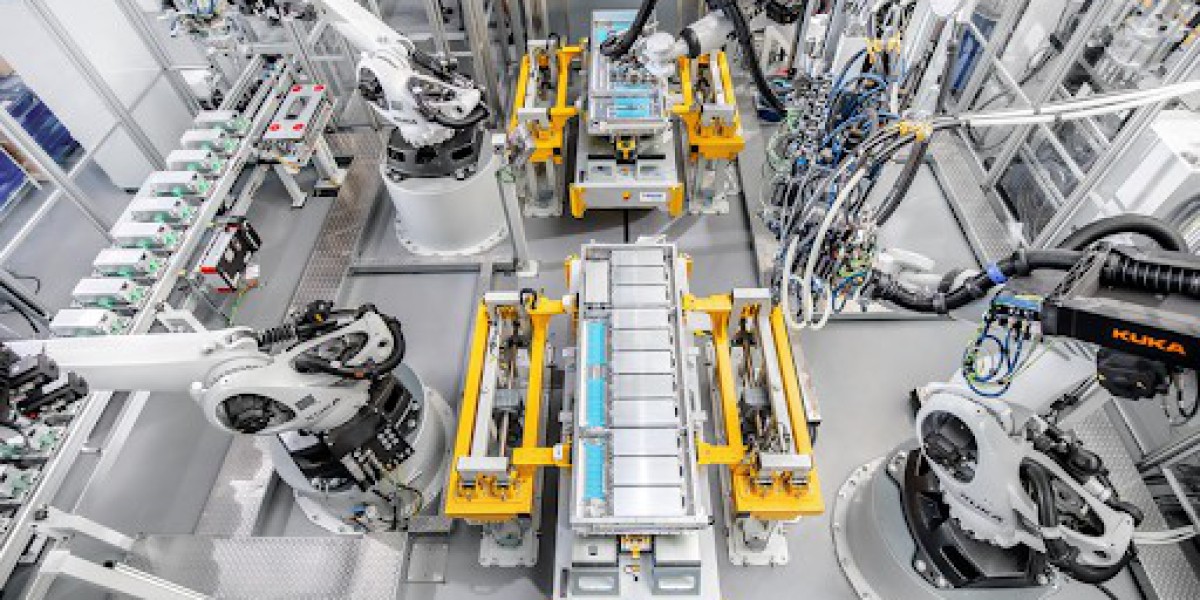Ethics and Responsibility: Addressing the Ethical Considerations of Industrial Robotics
In recent years, industrial robotics has witnessed exponential growth, revolutionizing various sectors with its efficiency and precision. However, this rapid advancement raises significant ethical concerns that cannot be overlooked. As robots become increasingly integrated into our workplaces and daily lives, it becomes imperative to address the ethical considerations surrounding their deployment and use.
Introduction to Industrial Robotics
Industrial robotics refers to the use of automated machines to perform tasks traditionally carried out by humans in manufacturing and other industries. These robots are equipped with advanced sensors and programming to execute tasks with speed, accuracy, and consistency.
Importance of Ethics in Robotics
Ethical considerations play a crucial role in the development and deployment of industrial robots. As these machines interact more closely with humans, ethical guidelines ensure that their actions align with societal values and norms.
Ethical Concerns in Industrial Robotics
Job Displacement
One of the primary ethical concerns surrounding industrial robotics is the potential displacement of human workers. As automation replaces manual labor, it can lead to unemployment and economic inequality.
Safety Issues
Safety is paramount in industrial settings, and the deployment of robots introduces new risks. Ensuring the safety of human workers and bystanders is a critical ethical consideration in the design and operation of robotic systems.
Privacy Concerns
Industrial robots often collect and analyze vast amounts of data, raising concerns about privacy infringement. Protecting sensitive information and respecting individuals' privacy rights are essential ethical considerations in robotics.
Responsibility of Companies and Developers
Transparency
Companies developing and deploying industrial robots must be transparent about their capabilities and limitations. Transparency fosters trust among stakeholders and allows for informed decision-making.
Accountability
Developers and manufacturers bear responsibility for the actions of their robots. Establishing clear lines of accountability ensures that ethical standards are upheld throughout the robot's lifecycle.
Government Regulations
Regulatory Frameworks
Governments play a crucial role in establishing regulatory frameworks to govern the use of industrial robotics. These regulations ensure compliance with ethical standards and promote the responsible use of technology.
Compliance Standards
Compliance with industry standards and regulations is essential for companies operating in the robotics sector. Adhering to these standards demonstrates a commitment to ethical principles and promotes safety and accountability.
Ethical Decision-Making in Robotics
Ethical Guidelines
Developing and adhering to ethical guidelines is essential for guiding decision-making in robotics. These guidelines help developers navigate complex ethical dilemmas and ensure that their actions align with societal values.
Ethical Dilemmas
Robotics presents numerous ethical dilemmas, such as prioritizing human safety over efficiency or balancing economic benefits with social consequences. Addressing these dilemmas requires careful consideration of ethical principles and stakeholder perspectives.
Impact on Society
Economic Effects
The widespread adoption of industrial robotics has significant implications for the economy, including job creation and income inequality. Understanding and mitigating these economic effects are essential for ensuring a fair and equitable society.
Social Implications
Industrial robots can impact social dynamics by changing the nature of work and human interaction. Considering the social implications of robotics is crucial for fostering inclusive and supportive communities.
Case Studies
Examining real-world case studies highlights the ethical issues and challenges encountered in the deployment of industrial robots. These case studies provide valuable insights for developers, policymakers, and other stakeholders.
Future Outlook
Emerging Technologies
Advancements in robotics, such as artificial intelligence and autonomous systems, present new ethical challenges and opportunities. Anticipating future developments is essential for proactively addressing ethical considerations in robotics.
Ethical Challenges Ahead
As industrial robotics continue to evolve, new ethical challenges will emerge. Addressing these challenges requires collaboration among stakeholders and a commitment to ethical principles.
Conclusion
In conclusion, addressing the ethical considerations of industrial robotics is essential for ensuring responsible and sustainable deployment. By prioritizing transparency, accountability, and ethical decision-making, we can harness the benefits of robotics while minimizing potential risks to society.
Unique FAQs
What role do ethics play in the development of industrial robots? Ethics guide the design, deployment, and use of industrial robots, ensuring that they align with societal values and norms.
How can companies promote transparency in their robotic systems? Companies can promote transparency by providing clear information about their robots' capabilities, limitations, and data handling practices.
What are some potential risks associated with the widespread adoption of industrial robotics? Risks include job displacement, safety hazards, and privacy concerns, among others.
How can policymakers address the ethical challenges of industrial robotics? Policymakers can establish regulatory frameworks, promote ethical guidelines, and facilitate dialogue among stakeholders to address ethical challenges.
What steps can individuals take to advocate for ethical robotics? Individuals can support companies that prioritize ethical principles, stay informed about ethical issues in robotics, and engage in public discourse on the topic.
- https://deltasigmacompany.com/



